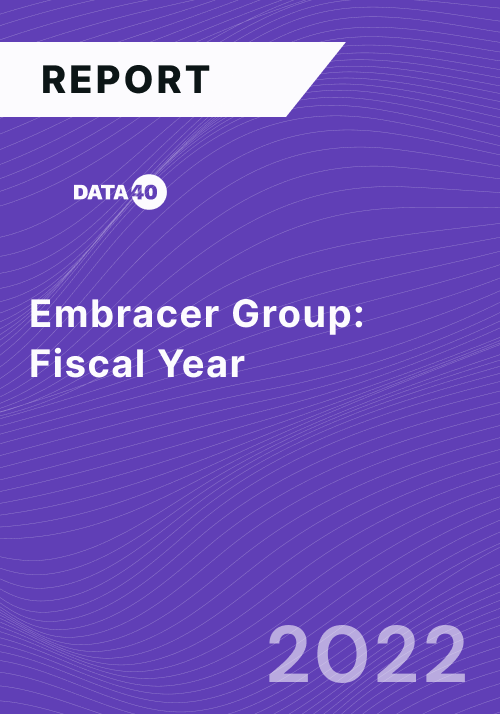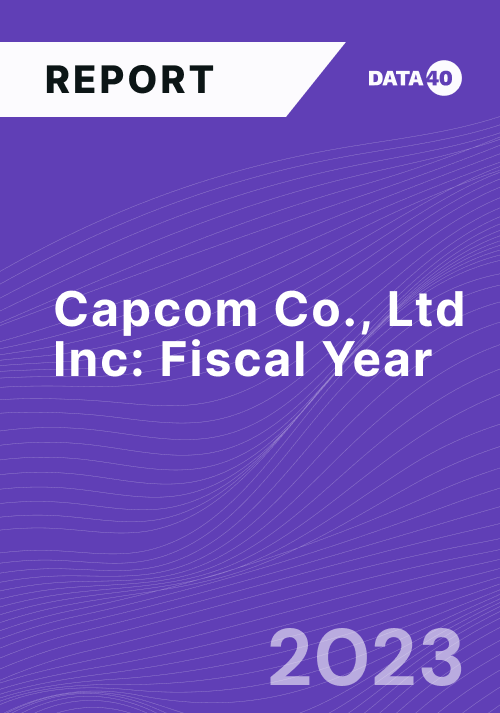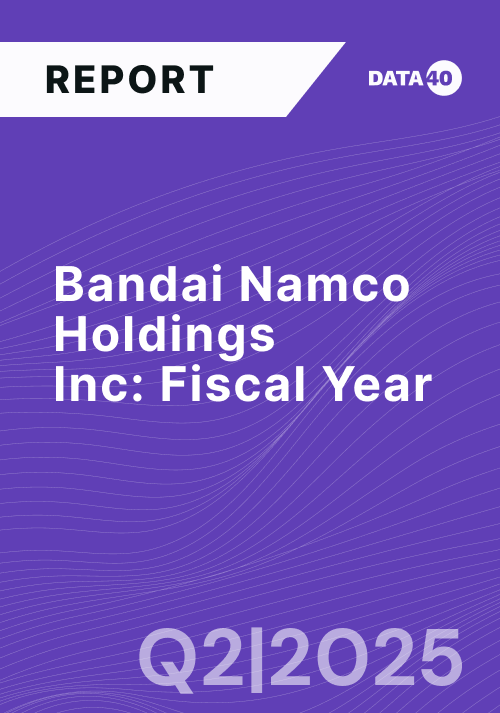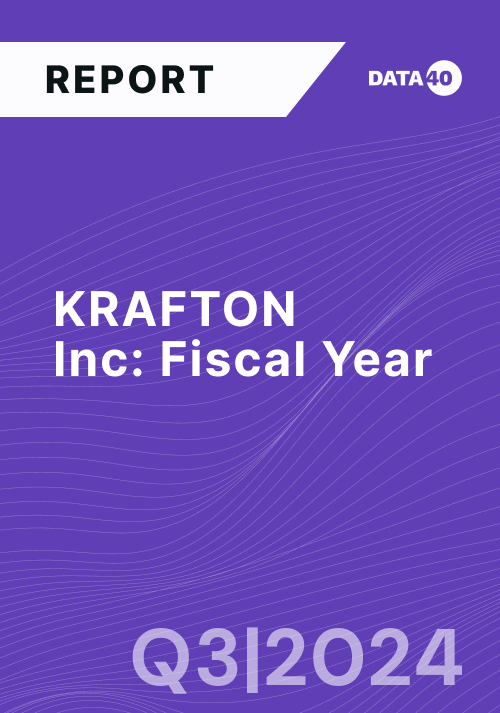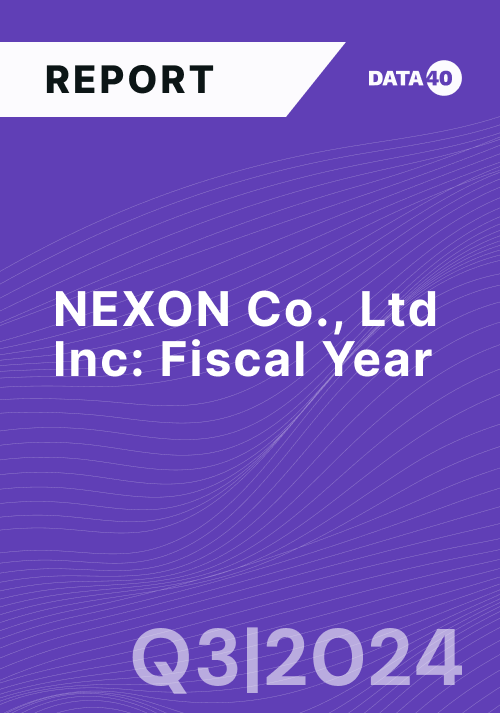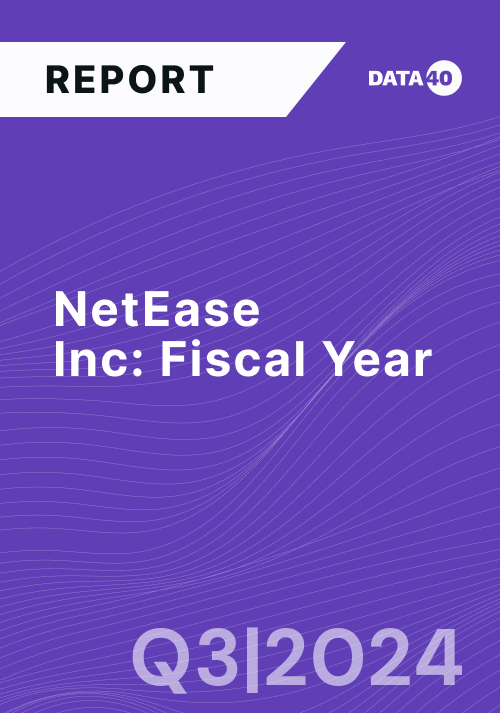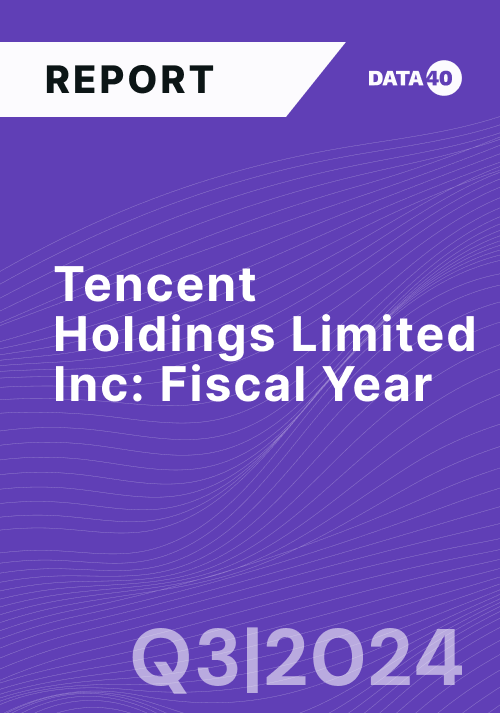Description
2022 fiscal year report for one of the biggest modern industry players – Embracer Group.
Research Goals and Objective
Research Objective: To study Embracer Group’s publicly available financial information, determine the company's development strategy, and compile an overview of its annual financial reports.
Research Tasks:
- Find the company’s comprehensive financial and corporate information;
- Analyze the gathered information;
- Draw conclusions based on the analyzed data.
Disclaimers
The information collected in this report reflects data from the company's public reports and is not questioned or verified via other sources. In other words, information from the company's public reports is taken and used as is.
If additional information from other sources is used or if the data used is reflective of the researcher's personal opinion, this will be labeled accordingly.
Document markup
- Embracer Group 2022 report period – from the April 1, 2022, to March 31, 2023;
- YoY - Year-to-Year;
- FY - Fiscal Year;
Short Insights
- Embracer Group faces criticism from the public, but despite this, it continues to grow and expand its business;
- The company reported net revenue of SEK 37,665 million;
- Embracer Group is known for its aggressive growth strategy;
- Embracer Group plans to release two "high-budget" games for PC and consoles in the 2023-2024 fiscal year.

